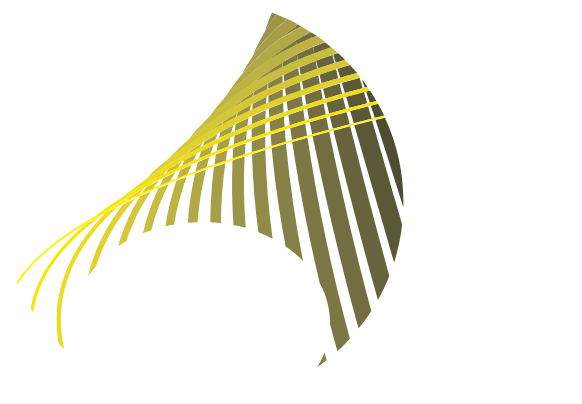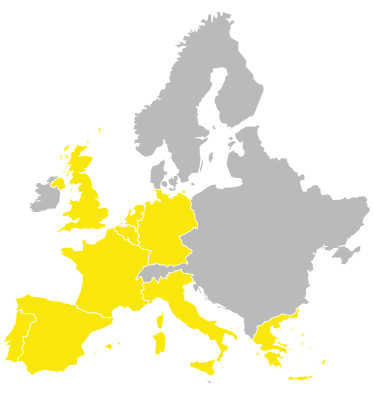Overview of the SPLASH project
SPLASH (Sustainable PoLymers from Algae Sugars and Hydrocarbons) covered the whole process chain from optimised biomass production to product development and exploitation. Two types of microalgae were investigated: the green alga Botryococcus braunii and the green microalga Chlamydomonas reinhardtii, to which the unique hydrocarbon and polysaccharides producing genes from Botryococcus were transferred. Further steps were taken to conduct biomass cultivation on a pilot scale, extracting the valuable compounds and processing them into value-added polymers and chemicals. A market assessment made sure that the most promising end applications would be selected for exploitation.
SPLASH comprised 20 partners from 9 European countries: SMEs and large enterprises as well as universities and research institutes. The consortium was managed by Wageningen Food & Biobased Research.
The project ran from 2012 to 2017. Funding was provided by the European Community’s Seventh Programme for research, technological development and demonstration.
Objectives of the project
- Develop processes to produce and recover hydrocarbons and (exo)polysaccharides from algae, as well as to further convert them into polymers.
- Achieve a successful industrial deployment of the platform technology developed for this conversion.
Our involvement in the project
As the successful deployment of the platform technology required involvement of a broad range of stakeholders, PNO performed a stakeholder analysis in order to guide engagement with potential partners. The project was an opportunity to develop a Stakeholder Analysis framework, which is an important tool for dissemination and exploitation activities in European projects.

